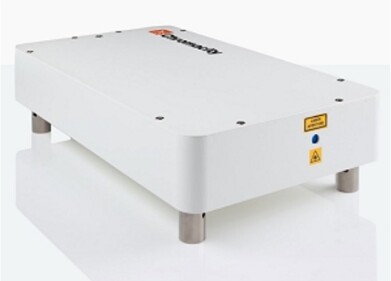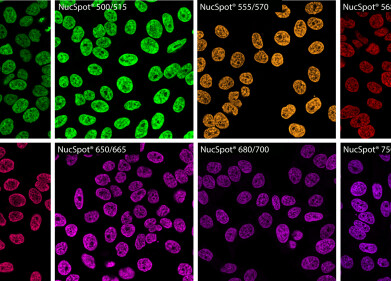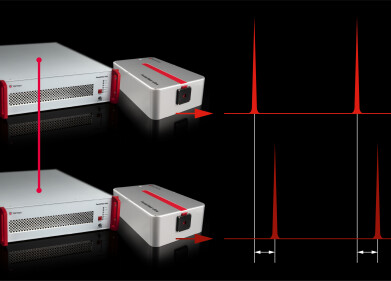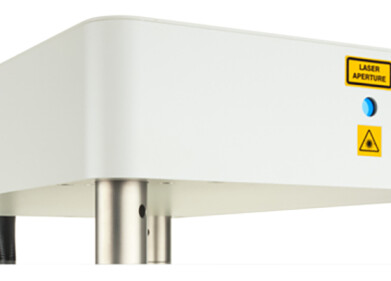Microscopy & Microtechniques
Report on Nanoparticle Tracking Analyser Use to Study Membrane Microparticles as Potential Biomarkers for Underlying Diseases
Apr 25 2016
Particle Metrix report on the work of the Burger Laboratory at Ottawa Hospital Research Institute. The Lab is studying the role of microparticles in the pathogenesis of diabetic vascular and kidney disease.
Dr Dylan Burger leads a research group at Ottawa Hospital’s Research Institute. Their research focuses on understanding the biological role of membrane vesicles (specifically exosomes and microparticles/microvesicles) in vascular and renal disease. In particular, they are interested in the impact of disease on the rate of formation and molecular makeup of these vesicles.
They chose the ZetaView system from Particle Metrix for microparticle characterisation because it allows them to obtain both quantitative information on the number of particles in a particular preparation as well as basic physical information (i.e. size and zeta potential). This has utility for in assessment of vesicles as biomarkers but also in quality control in vesicle preparations. When coupled with fluorescence detection, it also allows for immunophenotyping of vesicles to determine cell origin or vesicle content.
Talking about his experiences in particle characterisation prior to the use of Zetaview, Dr Burger said: “We have previously used electron microscopy, dynamic light scattering, flow cytometry, tunable resistive pulse sensing along with other nanoparticle tracking analysis systems. Now, with ZetaView, we have a system which delivers high detection sensitivity over a range of samples. These may be detected at low concentration levels and we have the ability to visualise fluorescent particles as well as to measure zeta potential in real time. The automation of the system (auto-alignment and autofocusing) expedites analysis and also allows for better across-lab standardisation. Low maintenance needs allow us to use this system on a daily basis. Last but not least, we like that the system has a very small footprint so can be placed anywhere in a standard biomedical laboratory.”
Digital Edition
Lab Asia 31.6 Dec 2024
December 2024
Chromatography Articles - Sustainable chromatography: Embracing software for greener methods Mass Spectrometry & Spectroscopy Articles - Solving industry challenges for phosphorus containi...
View all digital editions
Events
Jan 22 2025 Tokyo, Japan
Jan 22 2025 Birmingham, UK
Jan 25 2025 San Diego, CA, USA
Jan 27 2025 Dubai, UAE
Jan 29 2025 Tokyo, Japan



















